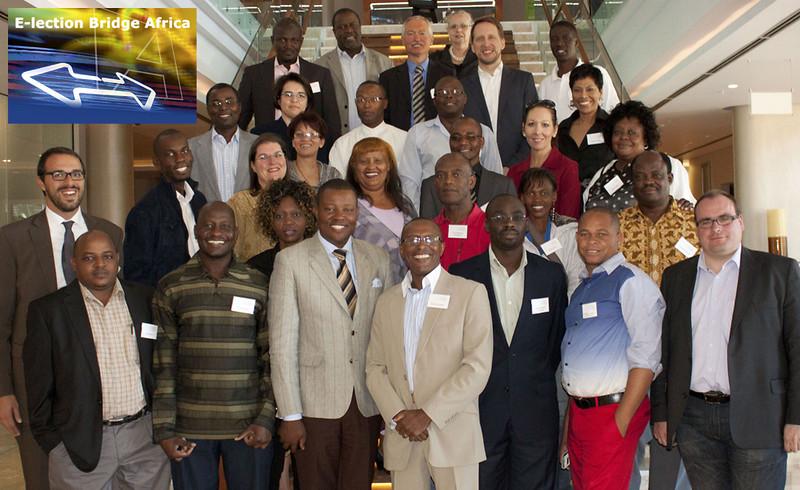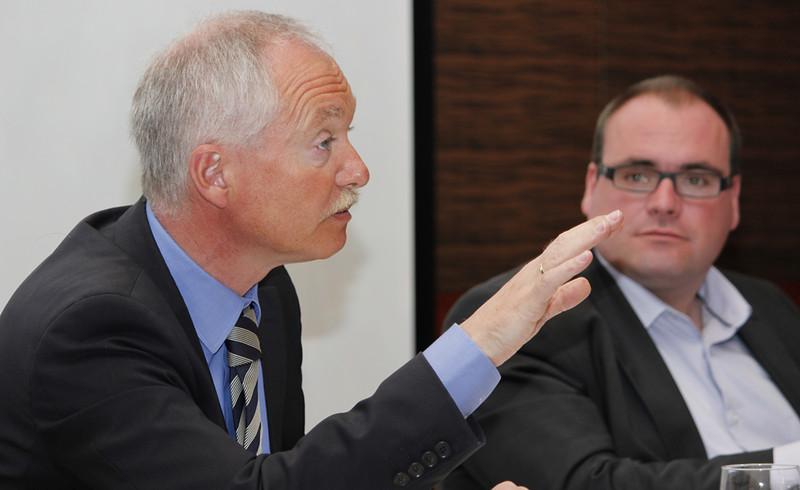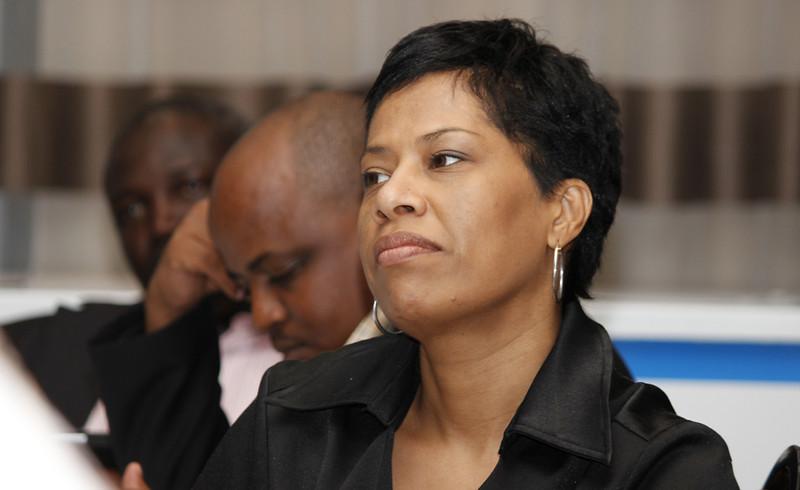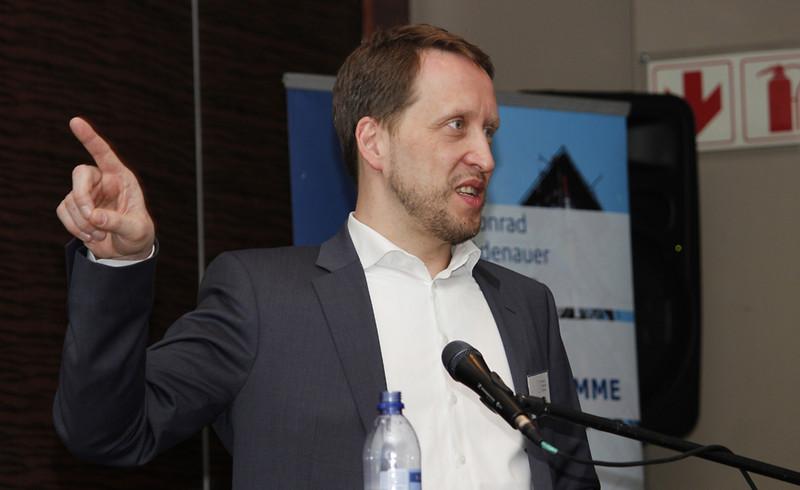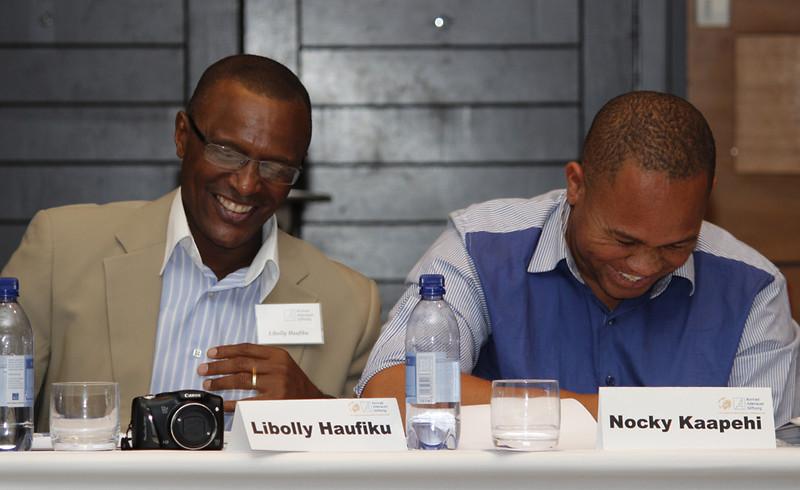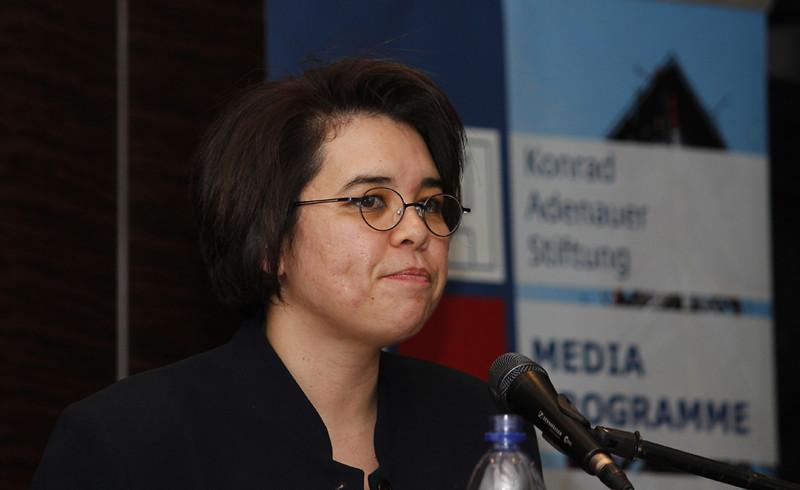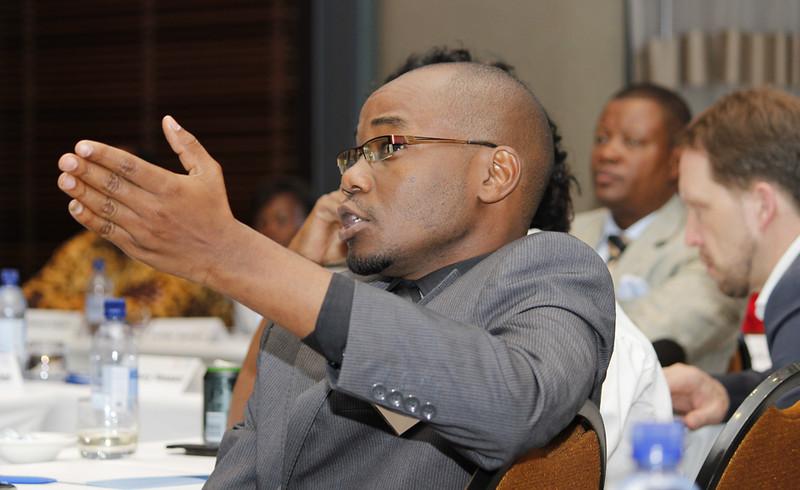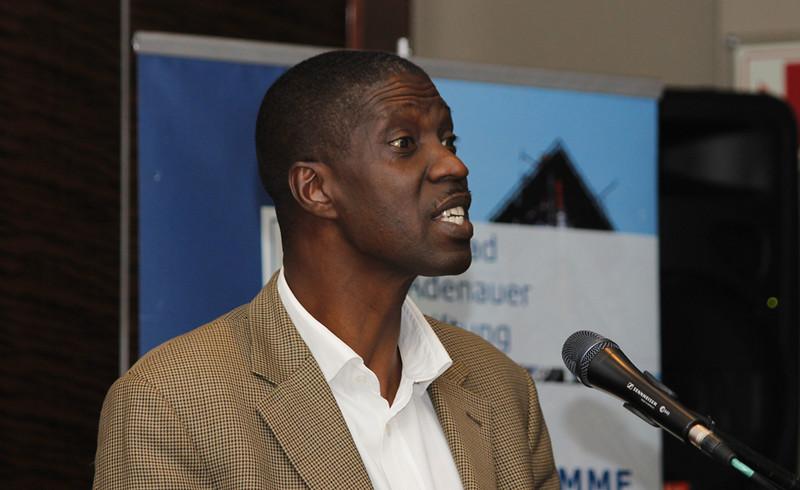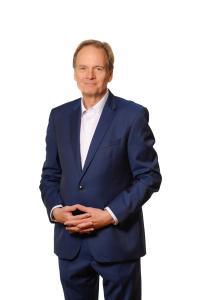Mutual problems, collective solutions - Media Programme Sub-Saharan Africa
Event Reports
To encourage these habits, KAS Media Africa brought the E-lection Bridge into being: a platform where African communication experts can exchange their knowledge and strategies of efficiently running election campaigns; both among themselves and beyond their own borders with international colleagues. For this year’s E-lection Bridge in Windhoek there were several case studies focussing on this fact. Besides the Kenya and Ghana elections, the participating experts analyzed the American election campaign and got an exclusive forecast on the 2013 German election. The latter part was presented by the national director of the German Christian-Democratic-Union (CDU), Dr. Klaus Schüler, and his division manager for marketing and communications, Oliver Röseler. Both of them use the E-lection Bridge right from its beginning for face-to-face dialogues with African experts. Amongst others, they focussed on the planned CDU election campaign website and the dialogue-campaign “what is close to my heart”.
Opening the conference, Dr. Klaus Schüler lectured on the important connection between candidate and message - a highly relevant and current issue in African countries, as there is an overuse of African parties defining themselves mostly over their candidates or the criticism on government. That is why Schüler emphasized the meaning of a strict and clear party programme that offers proposals for political communications as well as own ideas and approaches for future political constitutions. “It’s clear that messages need to match the candidate, but a campaign can only be successful if it is based on both message and candidate”, he said.
Politics lecturer, Heather Thuynsma, focussed on a recent increasingly important audience when analysing the American election. After having worked for Hillary Clinton in 2008, she then contemplated more on the role of women from an academical point of view, concluding that “women are still more predispositioned to emotional addresses through candidates” but that they nevertheless “want to be taken seriously”. That’s what Mitt Romney had to learn after making awkward statements in a tv-debate about equal treatments of men and women in the professional world (“binders full of women”). As a result of the raising discussions about this, 55 percent of American women voted for Barack Obama and became an essential voting bloc for his re-election.
The ambivalence of African election campaigns became apparent especially when discussing the 2013 Kenyan election. After being campaigned on a very good level, it became more and more a tribal-based campaign. In the end Uhuru Kenyatta, member of Kenya’s biggest Kikuyu tribe, was elected president although he is accused at the International Criminal Court in den Haag in connection with the violence that rose after the 2007 elections. The appeal against the election outcomes raised by Kenyatta’s opponent Raila Odinga was declined, although there had been several technical breakdowns during the casting of votes.
In spite of the peaceful voting process, African participants of the E-lection Bridge see Kenyan elections as representative for the problems of opponent parties: Compared to ruling parties, they are powerless when it comes to inconsistencies in voting. And although judicial proceedings in connection with elections are meanwhile more the rule than the exception, they are always decided in favour of the winners – mostly on grounds of avoiding riots. Besides in most of the countries opposition is overfragmented for representing an attractive political alternative.
That’s why the conference offered intensive exchange on this particular topic. Dr. David Dronyi from the Democratic Party in Uganda reported on his efforts to gather Uganda’s leading opponent parties behind one joint candidate for the upcoming election. A task force consisting of several participants work on a social-media-based programme that will be able to illustrate electoral fraud in the future. Finally Libolly Haufiku from the Namibian RDP explicitly retraced the questionable circumstances under which the Supreme Court in Windhoek refused the opposition’s lawsuit against the 2009 election results.
For the upcoming elections – the regional and local ones, but especially for those in Zimbabwe – there still remains a lot to do for the E-lection Bridge experts. However Christian Echle, director of KAS Media Africa, draw a positive conclusion: “Once more we can see how important cross-border and international exchange can be for both identifying and resolving common challenges.”



